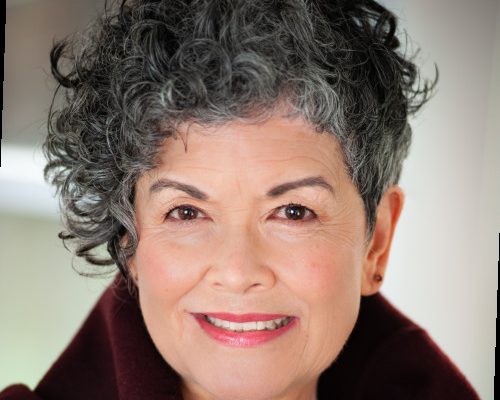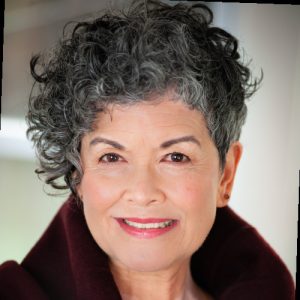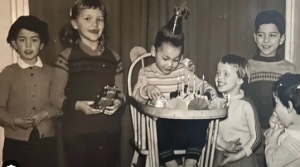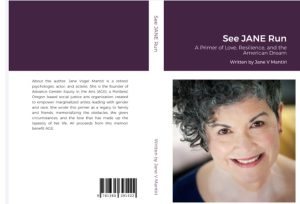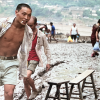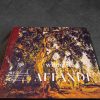Jane Evelyn Vogel Mantiri was born in Jakarta, Indonesia, on July 18, 1953. Being Indo, or of mixed Indonesian-European heritage and culture, has remained central to who she is, even though she lived in Indonesia for only a short time. Her family immigrated to the Netherlands in 1954, when she was just over a year old. After 6 long years of waiting they became their sponsorship and could enter the United States. A hard life followed for Jane and her family. But they survived. Jane wrote a moving book on her life. A fragment of See Jane Run below
“War is hell. My parents survived two wars, World War II and the Indonesian Revolution that followed. Although those wars ended, my parents’ trauma never did. I dedicate this story to my parents. I was my parents’ only daughter. Papa was a brave, strong, and loving man who lived for the dream of becoming an American. Mama was a survivor. She carried with her the secrets from those long wars. She and Papa had more than a marriage. They had a trauma bond. She was a devoted wife and she would follow Papa all the days of her life.
I was born in Indonesia, as were my parents, grandparents, and great grandparents. I am what we call an INDO, a blend of Indonesian from my indigenous grandmothers and great grandmothers, and European from my forefathers who colonized Indonesia back in the 1700’s.When I was born in Jakarta Indonesia, Papa proudly announced that my name would be JANE because someday I would be an American. He had one goal: To get his family safely to America.
Unfortunately it was the 1950’s, the height of the Asian ban in the United States. US immigration was not interested in letting refugees from Indonesia into this country, even if they had a daughter with the American name, JANE.
But Papa would not give up. A few years earlier, Papa’s beloved sister, Dee, was brutally murdered in a massacre by Indonesian militants hell bent on killing anyone with European heritage. We had to leave. Papa was fiercely protective of me. Nothing was going to happen to his daughter, who with each passing day reminded him more and more of Dee.
The only option was to wait in the Netherlands. But it gets complicated. Papa said that he hated the Dutch. He had experienced racism while living in the colonies. There was also an issue with military compensation. He was drafted into the Dutch military during WWII. He was captured by Japanese soldiers, shackled, tortured and forced to work the Death Railway in Siam (Thailand). He suffered terribly for almost four years as a prisoner of war (POW). The Dutch government apparently did not compensate my father for his time as a POW. I’m not really clear about the details. My parents did not speakabout the past. They held on to silence as if it gave them a stalwart grip on the future. I am clear that the Dutch government crossed a line with Papa. However, with no other options, and knowing that going to Europe would be a stepping stone to America, Papa boarded the ship to the Netherlands. Mama, clutching her baby girl named JANE, followed him.
We waited in the Netherlands through six long bleak cold winters. My best friend in the Hague had beautiful long blond hair and blue eyes. We played at my house but I was never invited to play at her house. I always had to wait outside. One day while I was waiting outside, I watched through the open window and saw her grandmother knitting. Without speaking, her Oma passed the knitting needles to me through the open window. She gently guided my fingers with the yarn and repeated the stitches. Knit, purl, knit, purl. There began my knitting lessons outside through that open window.”

